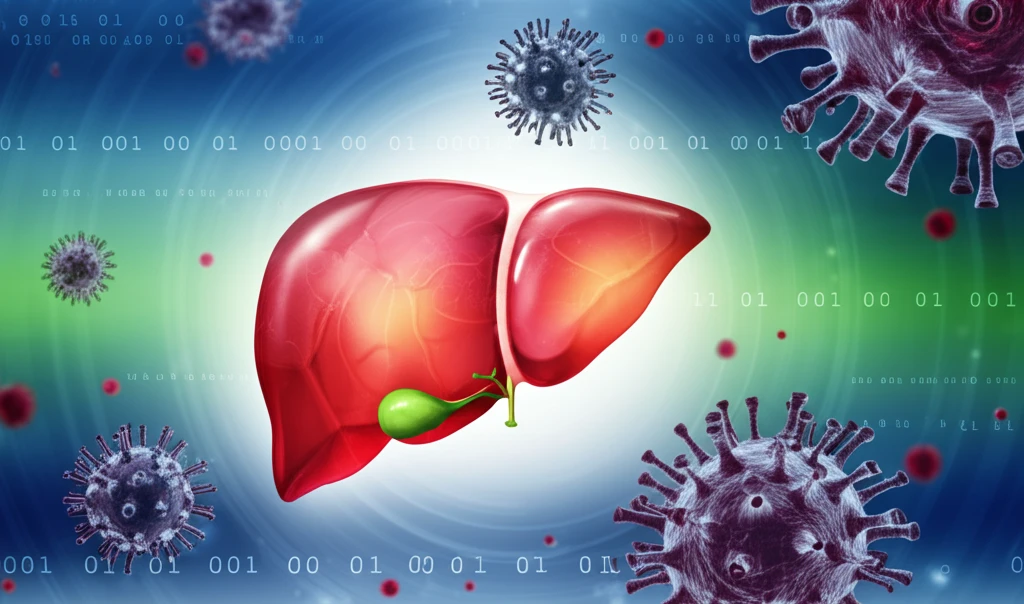
Antiviral Drug Watch: What You Need to Know About Liver Treatment Side Effects
"A closer look at potential risks associated with common hepatitis C therapies"
Antiviral medications have revolutionized the treatment of chronic hepatitis C, offering hope for millions. However, like all medications, these drugs come with potential side effects that patients and healthcare providers need to be aware of. A recent study sheds light on a spectrum of adverse reactions observed in patients undergoing antiviral therapy, emphasizing the importance of vigilant monitoring and personalized treatment strategies.
The study, featured in "Reactions 1702," examined data from a large cohort of patients treated for hepatitis C. While the overall success rates of antiviral treatments are high, the research underscores that certain individuals may experience unexpected and sometimes serious complications. This article aims to break down the key findings of the study, offering insights into the specific toxicities observed and what you should discuss with your doctor if you're considering or undergoing antiviral treatment.
This article will help you understand the potential side effects, what symptoms to look out for, and how to work with your healthcare team to manage these risks effectively. Remember, knowledge is power, and being informed is the first step towards a safe and successful treatment journey.
Understanding the Reported Toxicities: What the Research Reveals

The study, a retrospective multi-center analysis involving a substantial 149,816 patients, identified seven cases where individuals developed specific toxicities following antiviral treatment for hepatitis C. These adverse reactions included:
- Pericardial effusion (fluid around the heart)
- Fatal myocardial infarction (heart attack)
- Blood sugar disturbance
- Angiomatous oedema (swelling under the skin)
- Leukemia (blood cancer)
- Anemia (low red blood cell count)
- Hyperbilirubinemia (high bilirubin levels, leading to jaundice)
Taking Charge of Your Health: What to Do If You're Concerned
If you are currently undergoing antiviral treatment for hepatitis C or are considering starting treatment, it’s essential to have an open and honest conversation with your healthcare provider. Discuss any pre-existing conditions, other medications you are taking, and any concerns you may have about potential side effects. Regular monitoring, including blood tests and physical exams, can help detect any adverse reactions early on, allowing for timely intervention and management. By working closely with your healthcare team and staying informed, you can navigate your treatment journey with confidence and prioritize your well-being.
